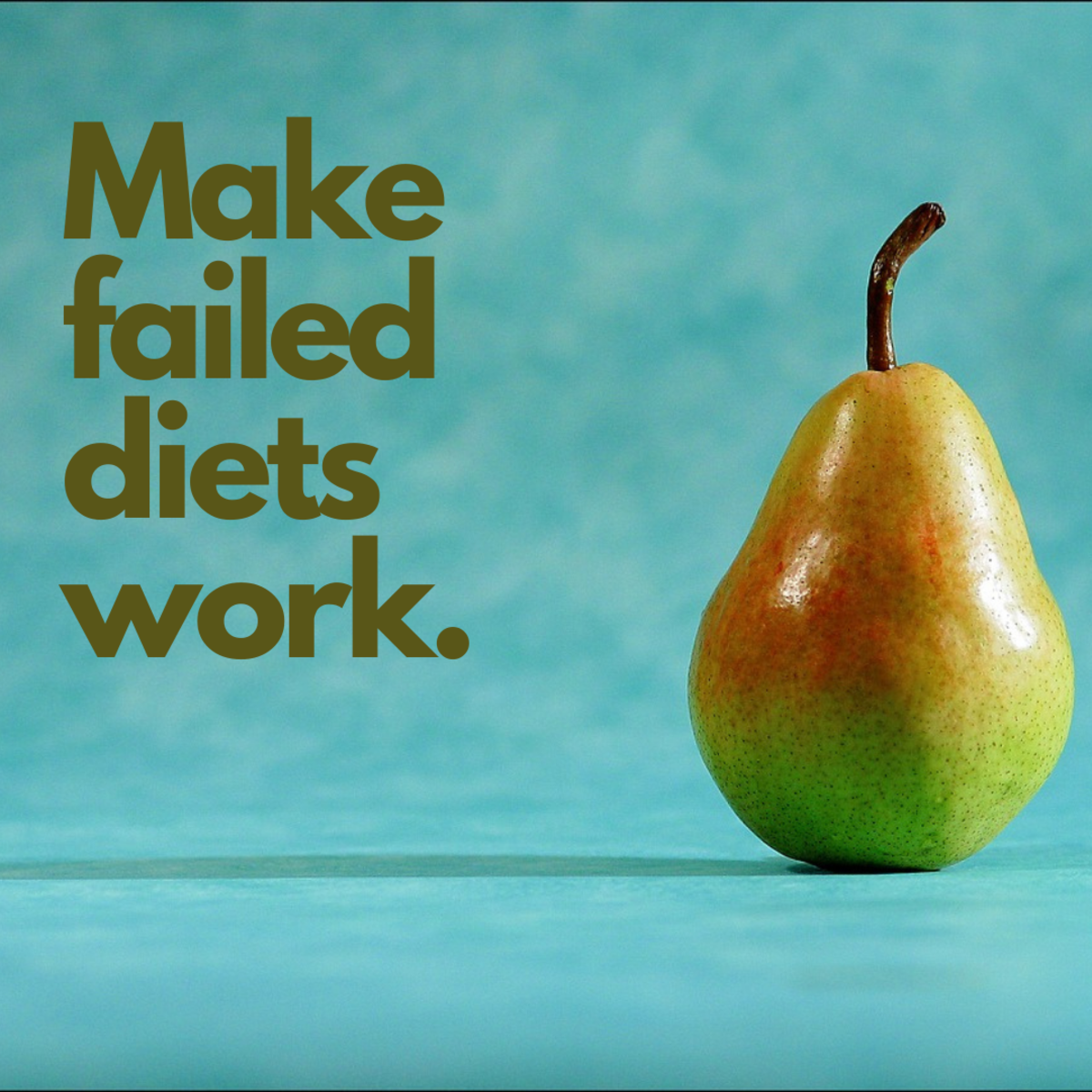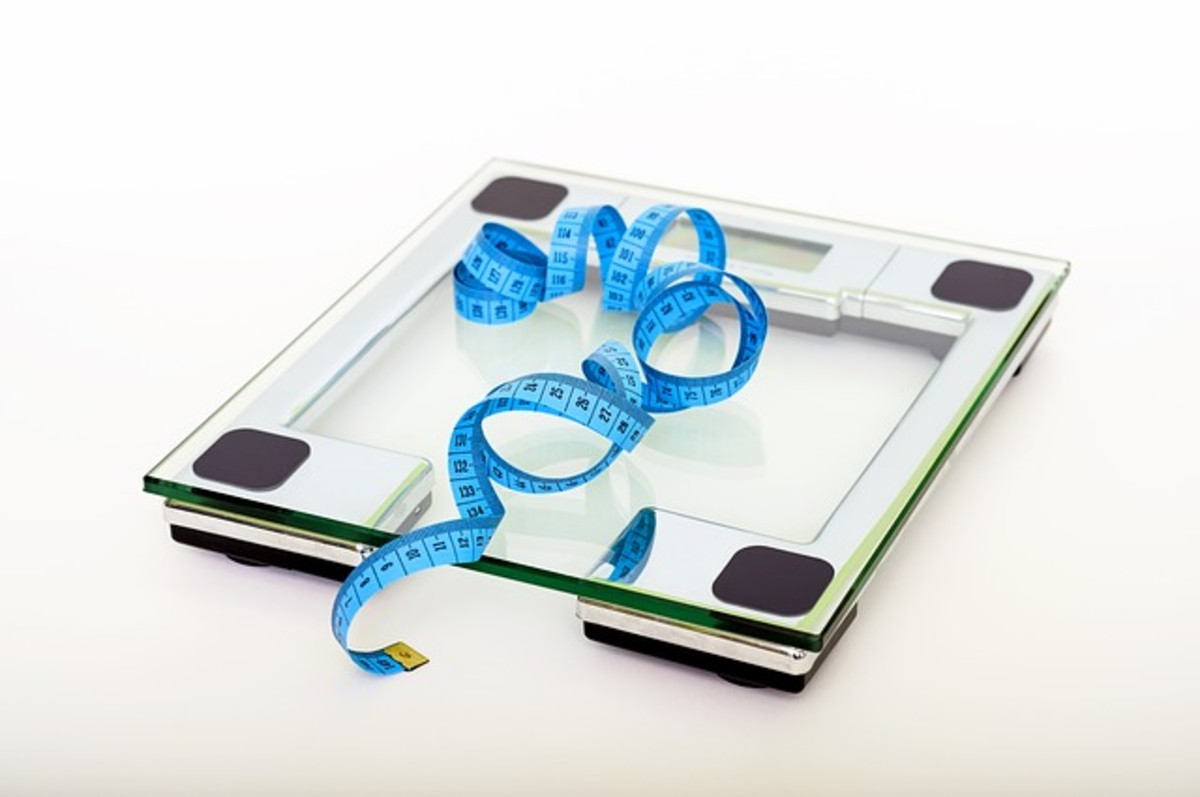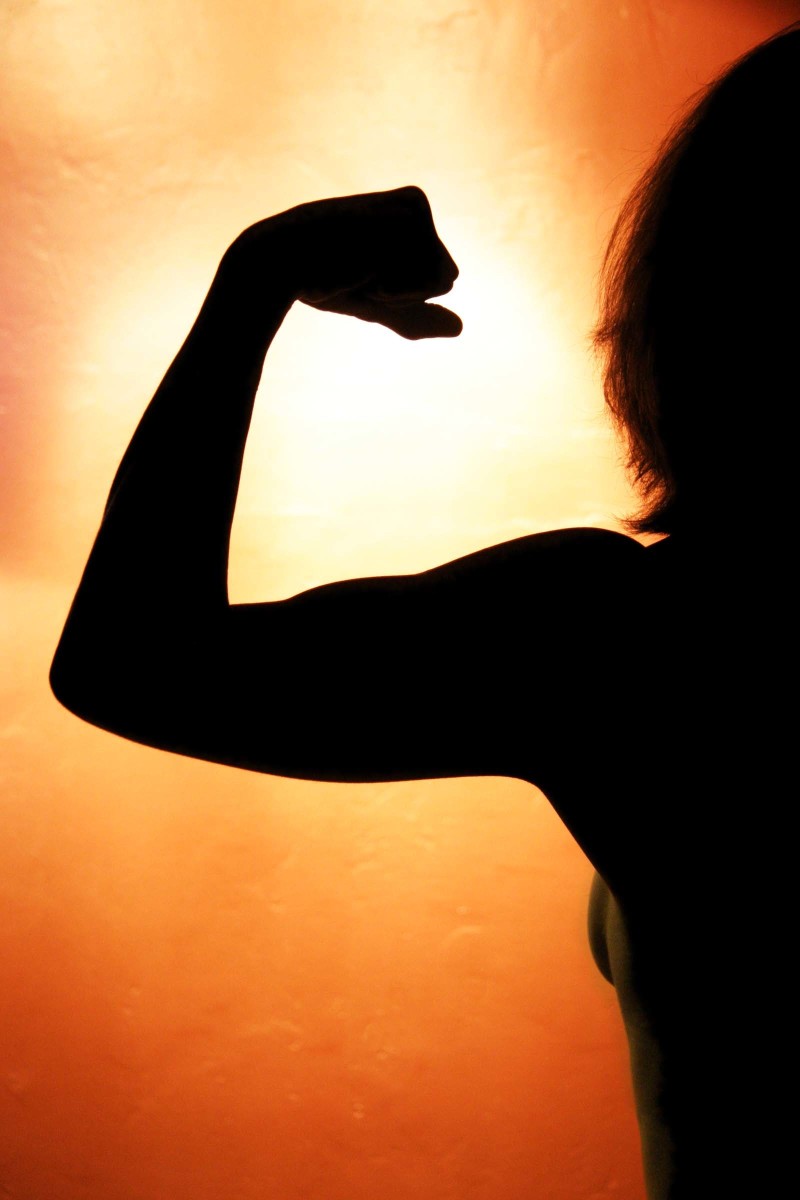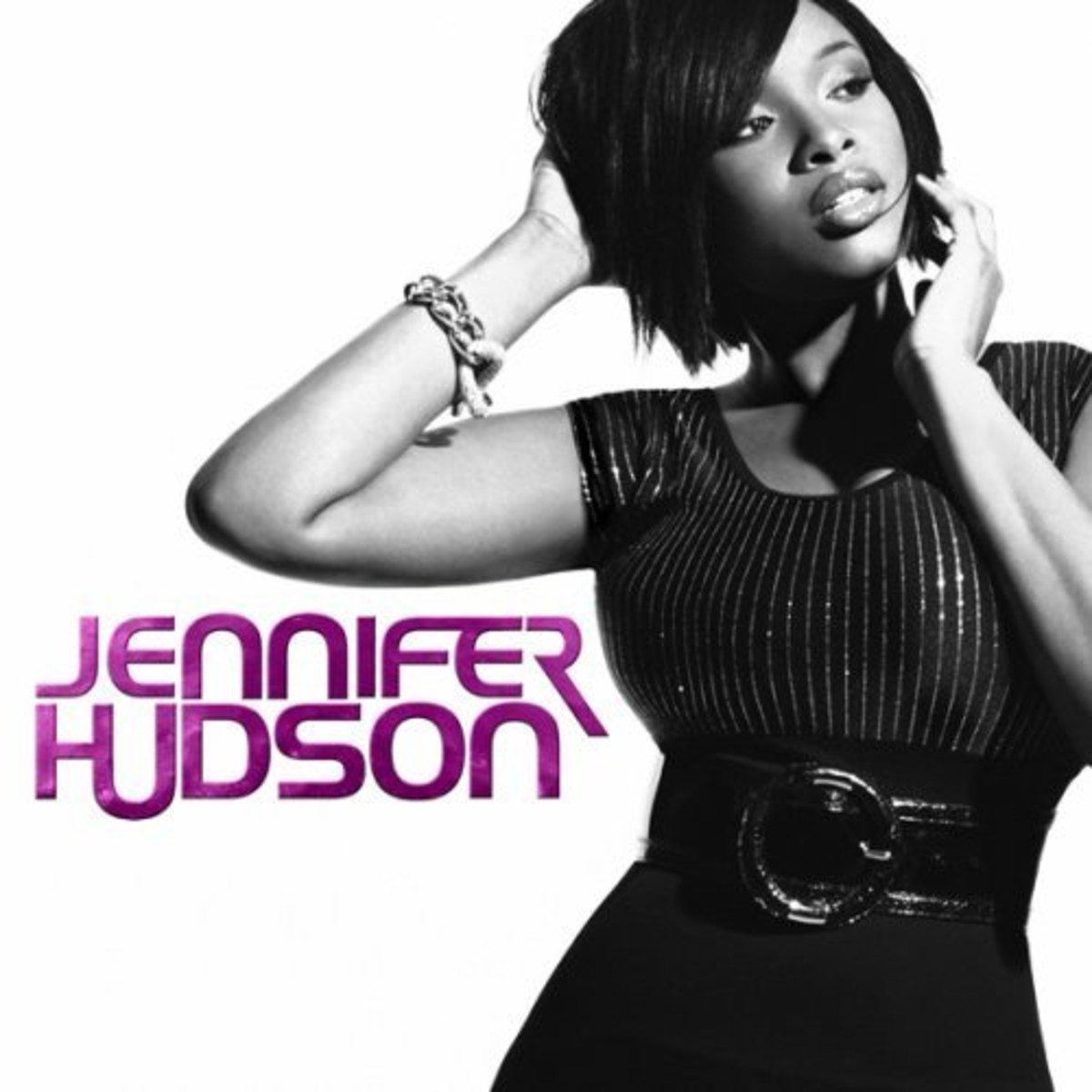Biggest Loser Weight Loss Controversy: The Issues With Rachel Frederickson's Triumph

This hub was originally published on February 6th, 2014 by Nalini Marquez.
I do not watch reality TV and this includes The Biggest Loser; however, even I could not escape the controversy that has surrounded Rachel Frederickson's weight loss and triumph.
It came to my attention yesterday (2/5/2014) when it was a news link on my browser's homepage. I had not yet read the article and was only starting to read it, but one of my coworkers began talking to me about it thinking that I had read it. My coworker knew much more about it than I did, so I listened intently as she informed me of the details and asked her questions where I was unfamiliar.
She told me of the shocked judges faces and of the way everyone was looking at Rachel. She told me of how weak she was tripping on the stage and how she had lost 60% of her body weight. When I asked how there was no one overseeing this as they lost weight, she told me that there was a time when they were without their trainers before they go for the final weigh in.
My coworker pointed out how Rachel "went from one eating disorder to another." We expressed our frustrations at how she was being rewarded for going about weight loss the wrong and/or unhealthy way.
With the highlights, my initial impressions were mixed. I told my coworker that rewarding Rachel with the money after losing all that weight sent the wrong message.
But as I kept thinking about Rachel Frederickson's weight loss story and as I read more about it, I realized that there are many things that are problematic about it, including but not limited to:
What is the right message? And why are we not sending it?
Watching the Moment of Triumph
When I watched the clip of The Biggest Loser finale online, I saw someone who was happy, jittery, and nervous. She seemed so happy and excited to have lost as much weight as she had and was oblivious to the responses and expressions of those around her in response to her weight loss.
I would zone out those around me on national television too, but it made me really sad to see such a disconnect between what she was feeling and experiencing and how others around her were responding. And it made me sad to see that the society that had lead her to believe that she should be happy and proud of her achievement was the same society that turned against her when she had gone too far.
Rachel had reason to be happy and excited. She worked hard. She lost weight. She won. She had done everything that she was supposed to do that was supposed to gain her social acceptance and praise, and make her a worthwhile and worthy person.
But clearly by the controversy, there is a lot wrong with this picture.
Polarized Responses to Rachel's Triumph
Responses to Rachel's triumph have been notably polarized. They are either extremely critical and snarky, or positive and snarky towards those who voice concern and/or criticism over Rachel's drastic weight loss. The responses that fall in the middle ground are there but they are lost in the sea of the two opposing camps.
Issue #1: "She looks healthy."
No, she does not look healthy. If she looked healthy no one would be concerned that she lost too much weight, and question how she went about losing as much weight as she lost when she was off cameras.
Anyone who legitimately and sincerely argues that having little-to-no body fat, that having a frail body, and that looking as Rachel does is healthy, is holding on to an unhealthy and unrealistic belief and standard.
Anyone who argues this out of criticism of people who come in shapes and sizes other than skinny is not someone you want to be friends with.
Issue #2: "She looks sick."
Yes, she does not look well but you are not helping the situation by saying that she looks sick. In fact, you are part of the problem. If you look down on someone it should only be to help them up and saying that Rachel "looks sick" does not help her, others like her, or others who struggle with pursuing an unattainable, unrealistic, unhealthy, and unreasonable ideal. Saying that she looks sick does nothing to cure the sickness.
If you cannot help Rachel, help others like her.
Re-focus the energy that you put into criticizing her sickly appearance towards curing the sickness.
Talk about why a person would think that he/she needs to go that point to be viewed as worthy/worthwhile/redeemable/acceptable/etc.
Talk about what we can do to change it and the messages we can send to so that others are able to know the difference between what is healthy and what is sick, and talk about how we can embrace health as a society versus the pursuit of thinness.
Talk about how skinniness does not equal healthy but also how being thin does not necessarily mean that a person is sick.
Talk about what it means to be healthy.
Talk about it. But don't talk about how sick she looks without working to somehow decrease that sickness.
Issue #3: "She looks hot."
(Issue #1) + (Issue #2) DOES NOT equal (Issue #3).
Issue #3: "You would do that too for $250,000. She'll be healthy and/or gain weight in no time."
This falls under the whole "does the ends justify the means?" argument, and this argument always brings up ethical issues.
So it's ok to do whatever it takes for money?
It's okay to do whatever it takes for money because you can or think you can make up for what you did to get that money later?
There is so much wrong with this mentality on so many levels, and this is not even a criticism of Rachel but of humanity.
I could write so much about this but I won't because it will take this hub in a completely different direction and I have to stay focused.
And this also brings up the issue that when it comes to health/eating disorders it is not always possible to "bounce back" to a healthy eating pattern, healthy exercise routine, healthy outlook, etc.
Issue #4: "Isn't the goal to lose weight AND win the grand prize? If the goal was to be healthy, there wouldn't be a prize!"
While I agree with the second part of this statement ("If the goal was to be healthy, there wouldn't be a prize!") and would add that the prize would be health, I think there should be limitations and awareness for things like this, especially when it is something that is spread to such a wide audience and since it is so full of messages.
And if that was the only goal, then why is Rachel's triumph such an issue?
Issue #5: "It's her body."
Our bodies are our bodies, we should take care of them, and other people should go fly a kite when it comes to our bodies, right?
Right.
(99.9% of the time.)
It completely IS Rachel's body. She has a right to take care of it. She has a right to (if she so chooses) not take care of it. She has a right.
However, Rachel's weight loss journey falls into the small pool of .01% things where people start thinking they have a right to your body and the categories that her journey falls under are:
-Being on reality TV
-Being on a reality TV show centered around weight loss
-Being on a reality TV show centered around weight loss that rewards the one that loses the most
-Doing something potentially harmful and/or unhealthy to your body which causes others to intervene and/or give their two cents
So, instead of having her closest friends or her mom/guardian/family member/etc. on her case about what she was doing to her body and giving her tough love, Rachel has everyone who has been exposed to her triumph on her case. And then there's the fact that she won money for it too.
So it definitely is her body. But unfortunately, (or fortunately?) Rachel's body fell into the .01%.
I am not justifying the entitlement that people feel to the people and/or bodies that fall into the .01%; I'm simply addressing the fact that they do feel entitled, and the fact that this mentality is an issue, as is what is being promoted through Rachel's body, her transformation, and triumph.
Issue #6: We Don't Know How to Address the Issue.
There clearly are issues with Rachel having won The Biggest Loser, but no one knows how to address them because it relates to many other issues.
And Rachel is not the issue. Rachel just became a very public face of the issues.
Rachel and the way people are responding to Rachel and her weight loss triumph, through feedback in interviews, through discussion and feedback in comments sections of the internet, through media coverage, through discussions with our peers, show the complicated relationship we have with our expectations and messages regarding body image, body size, ethics, and money.
People interviewing Rachel have had two responses: lavishing praise on how good she looks and not wanting to touch the topic of her weight loss, and neither of these responses address the issues and both of these responses perpetuate the problems.
People on the internet have brought out their pitchforks and comments sections are ablaze with feedback.
People in daily life are having discussions.
Everyone is talking about it, but what does it mean?
It is getting a significant load of media coverage, but why?
It is getting a lot of people upset and vocal, but what are we going to do about it and what can we do about it?
The Bringing Forth of Issues
For better or for worse, it is yet to be determined which, Rachel Frederickson has brought forward the desire-to-be-thin elephant in the room and put it in everyone's face.
She has brought forward our ambivalent relationship with weight, weight loss, and body image.
She has brought forward the societal implications of weight and the pursuit of being skinny at all costs, as well as the issues with rewarding someone to lose weight and and then shaming them when they've lost too much.
She has brought forward the issue of eating disorders on both sides of the spectrum (this is not to say that she has one but simply brought the issue forward).
She has brought forward the issue of the influence that the media has in shaping our values, ethics, and sense of self.
She has brought forward the fact that media should be held accountable for the messages it sends and that it should be more responsible in the messages that it does send.
She has brought forward the question of what it means to be healthy vs what it means to be unhealthy and how that relates to the pursuit of thinness.
And on some level she has brought forward a call to action and has opened discussion about addressing the issues related to marketing, health, body-bashing, as well as ideas of when it is ok to lose weight and what methods are ok to lose weight and when it is not ok to lose weight and what methods are not ok to lose weight.
How seriously we take this call to action has yet to be seen.
Will we challenge the media, those that control the media, and the messages that they send us? A whole industry built upon making us feel unhappy with ourselves and upon having us strive for the ever-illusive pursuit of perfection. A whole industry built upon weight loss, diet fads, and changing ourselves. Tackling the issues that Rachel has put in our faces means indirectly tackling the industries that are profiting from the issues that Rachel and others like her are facing.
So we shall see. While I do not support or appreciate the way that Rachel is being discussed and I do not think the foci of the discussions as they stand presently are conducive to change, I am impressed by the way that people are having discussions, how ignited they have become, and how they are genuinely interested in how this will turn out.
That means something and it can always turn into something more and into something good.
So Rachel Frederickson if you're reading this, and whoever else is reading this, keep on in the pursuit of health and use your influence for good.
It's a journey, not a destination.
Health-health-health! Health for everybody!









